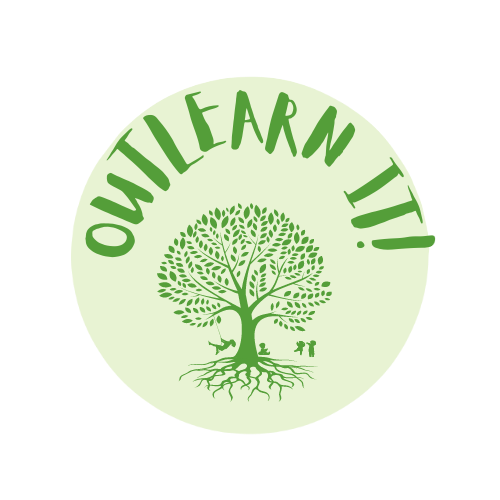Create inclusive schools to allow the equal learning of children having into account multiple intelligences.
Implement outdoor learning through active and green pedagogies in primary schools.
Support the professional development of teachers, educators and facilitators.
Improve the relation between children and the environment.
“Shouldn’t we help children and young people to love the Earth before asking them to save it?”
— D. Sobel —
Enjoying nature, being outdoors and promoting outdoor education can help us have real earth lovers.
Children are not emotionally prepared to protect something they do not really understand or love.
Inclusion and diversity in all fields of education, training, youth and sport: projects that promote social inclusion and aim at improving the outreach to people with fewer opportunities, including people with disabilities and people with a migrant background, as well as people living in rural and remote areas, people facing socio-economic difficulties or any other potential source of discrimination based on sex, racial or ethnic origin, religion or belief, disability, age or sexual orientation.
Environment and fight against climate change: awareness-raising about environmental and climate-change challenges. Priority will be given to projects aimed at developing competences in various sustainability-relevant sectors, developing green sectorial skills strategies and methodologies, as well as future-oriented curricula that better meet the needs of individuals, enabling behavioural changes, and developing sustainability competences of educators and education leaders.
Development of key competences: Projects under this priority will focus on promoting cross-curricular collaboration, using innovative learning approaches, developing creativity, supporting teachers in delivering competence-based teaching and developing assessment and validation of key competences.

Funded by the European Union. Views and opinions expressed are however those of the author(s) only and do not necessarily reflect those of the European Union or the European Education and Culture Executive Agency (EACEA). Neither the European Union nor EACEA can be held responsible for them.
